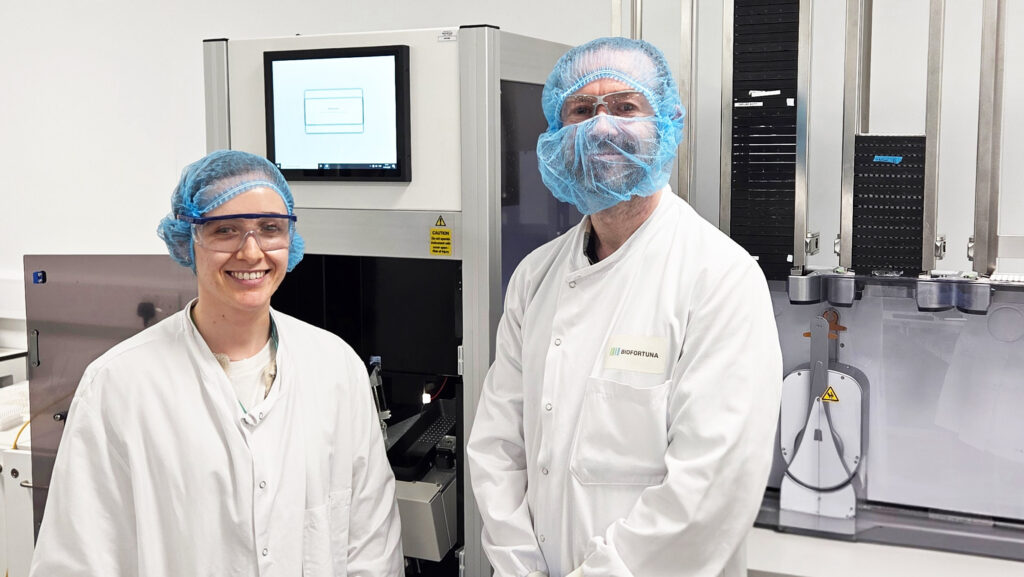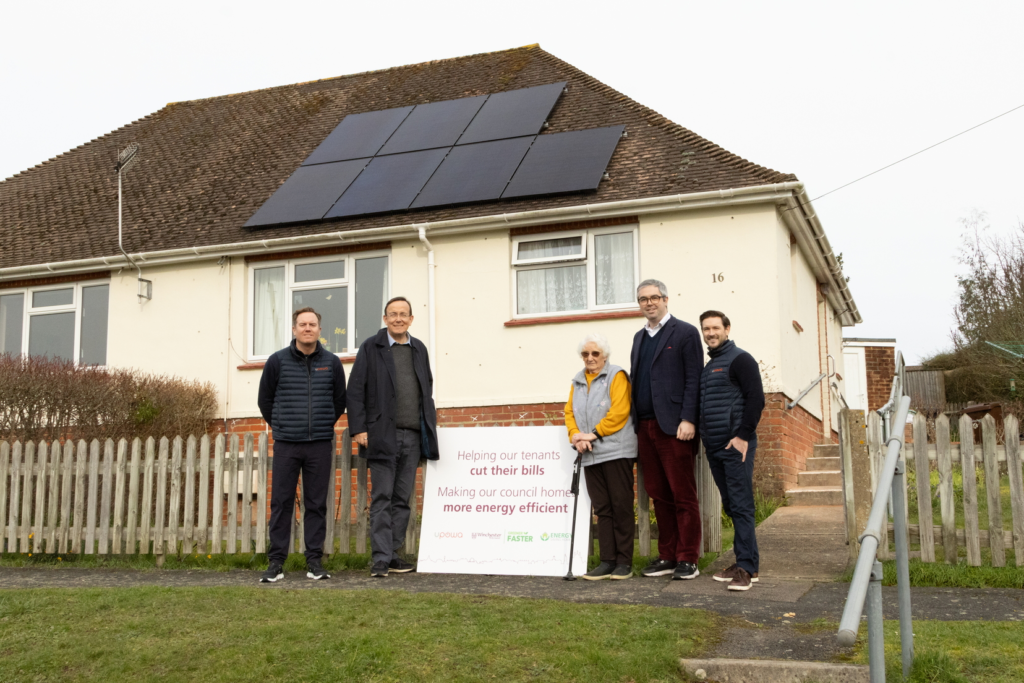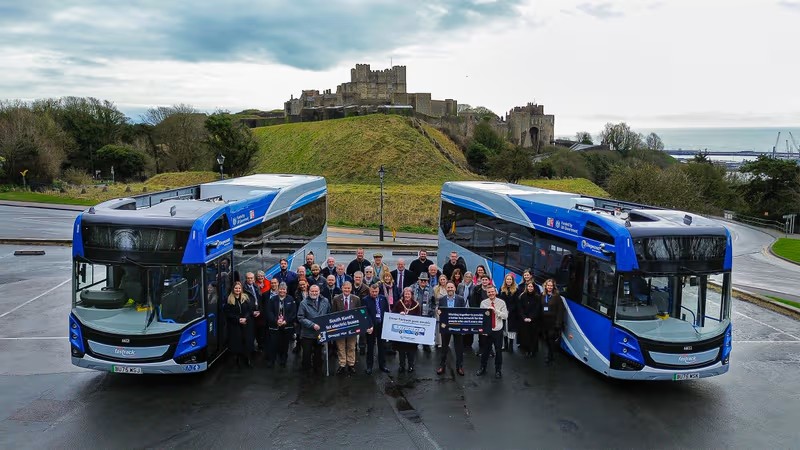RELEX Solutions’ sustainability report for 2023 estimates savings equivalent to 35,000 tonnes of CO2.
The figures represent an increase of more than 20% in food waste savings since the previous year. These are part of the company’s wider efforts to help customers – and themselves – to be more sustainable.
RELEX Solutions provides unified supply chain and retail planning tools to clients all over the world. The huge savings in food waste and related CO2 emissions the company has reported are largely the result of more accurate forecast and inventory optimisation.
The impact of this technology is significant because food waste is responsible for some 8% of all greenhouse gas emissions. About a third of the global food supply chain goes to waste annually. Each year in the UK, the average family throws out £800-worth of food.
That’s why reducing food waste can dramatically save us money as well as lower environmental impacts.
Svante Göthe, Head of Sustainability at RELEX Solutions, says: ‘Alongside efforts to reduce food waste, we’ve been developing capabilities in our software to track our customers’ CO2 emissions to help them achieve their sustainability goals. Customers can see the CO2 impact of the goods flowing through the supply chain and measure the effect the reduced spoilage has on their carbon footprint.’.
In 2022, the company retroactively reached carbon neutrality for 2021 through a combination of minimising, offsetting or removing emissions. This included simple ‘wins’ such as switching office and private cloud storage power to renewable energy sources.
But the company also challenged its own employees to improve long-term sustainability both at home and at work, using the climate action platform Deedster. Teams from RELEX’s regional offices competed in simple tasks such as unplugging household electronics when not in active use, coming to work by bike rather than powered vehicle, or even eating vegetarian breakfast.
‘We approach sustainability broadly from environmental, social, and governance perspectives,’ continues Göthe. ‘We not only focus on our corporate-level responsibility but believe that when individuals come together and focus on their everyday decisions, they drive positive impact. It is incredibly motivating to work in an industry where we can drive benefits for our customers, employees, and the planet.’
In related recent news, retailer Co-op announced that QR codes and UV tags on its own-brand PET spring water will provide real-time data on the lifecycle of plastic packaging.
Photo by Joshua Hoehne.


















Leave a Reply